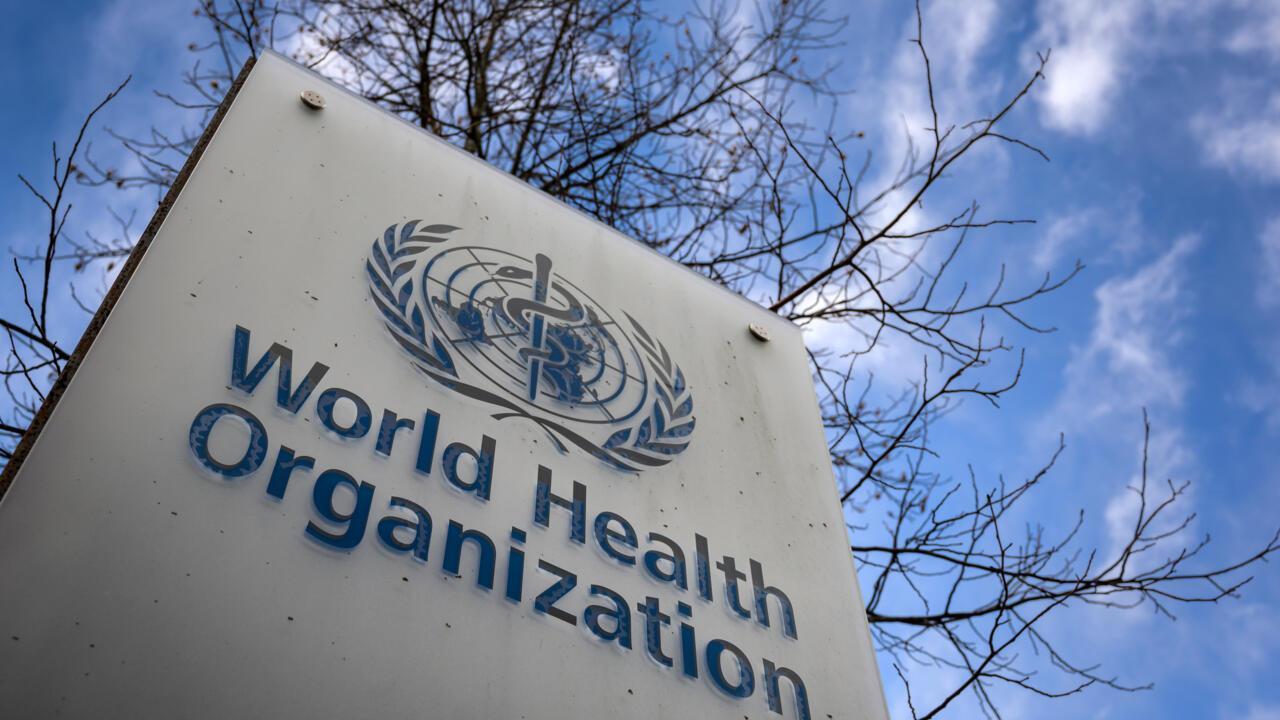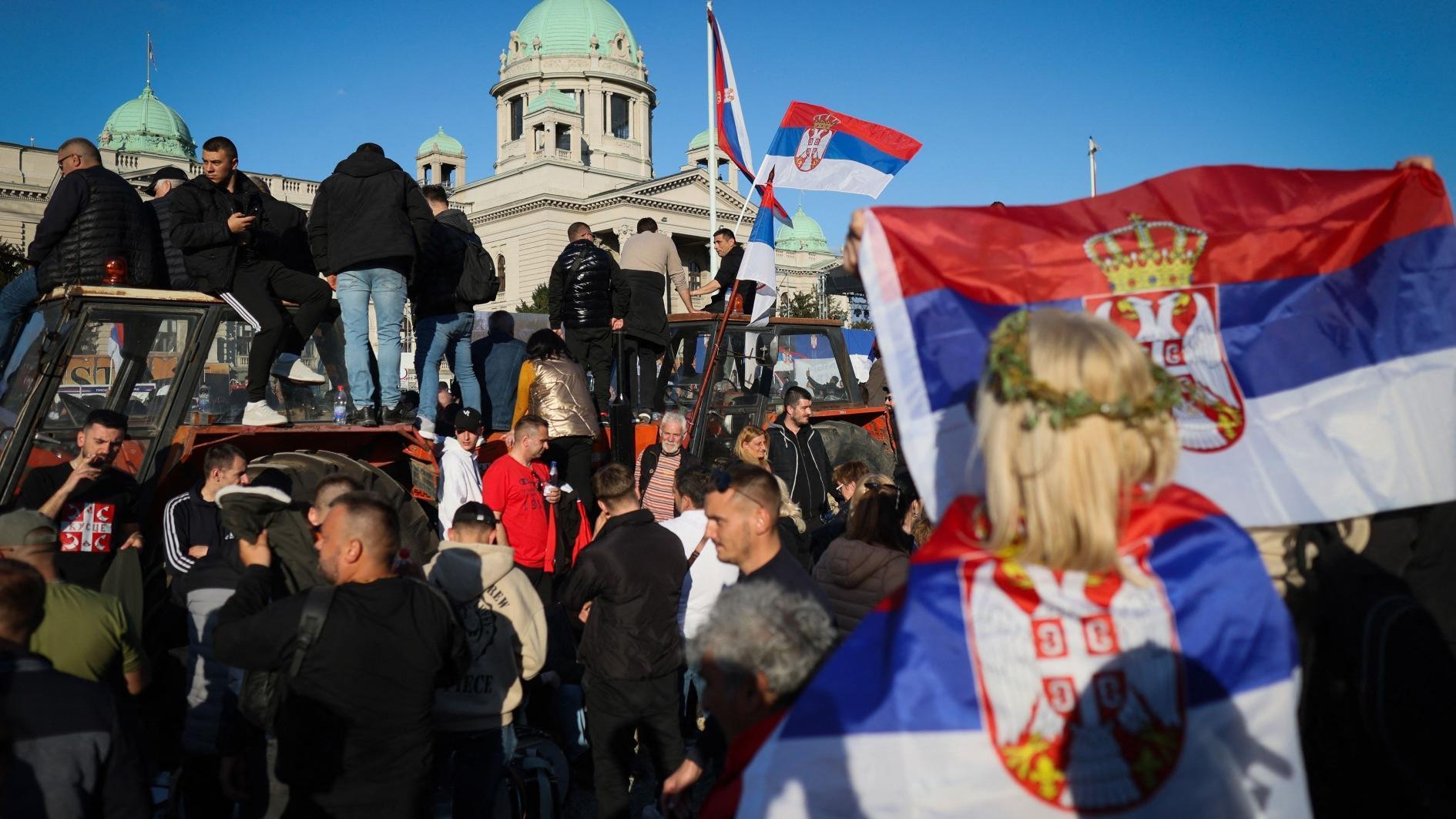The danger of civil war(s)
A “civil war” broke in Turkey even if it is not in the (God forbid!) conventional meaning of the term.
Finally, the war of words between the head of the Constitutional Court and the PM and the governing party culminated in a direct confrontation after court head Haşim Kılıç’s highly critical speech in a recent ceremony in the court. Kılıç directed harsh criticism at the Justice and Development Party (AKP) for its undemocratic politics as he responded to the PM’s attacks against the judiciary in general and the Constitutional Court in particular. This is the first time that a civil institutional body has truly confronted the civilian government without the shadow of the military hegemony over civil politics. That is why I call it a “civil war” of sorts. Besides, it has emerged that the rise of civilian actors in politics does not always result in democratic politics and social peace. Finally, I am deadly scared that under such circumstances of high social and political tension, polarization and confrontation may lead us to the brink of a real civil war.
“The speech in the court” naturally created fury on the side of the government and AKP politicians in general, as they accused Kılıç of “going political,” “calling the bureaucratic hegemony back” and of “turning the court into a new center of opposition.” Indeed, the court went political since it could not avoid doing so after being under attack by the AKP and after the party had reacted to the court’s decisions on political grounds. Moreover, PM Recep Tayyip Erdoğan went so far as to hint that the court may be another branch of “Gülen’s parallel state.” After all, the PM and the governing party rules out not only any criticism but also any democratic appeal and decision as “illegitimate,” so therefore everything outside of the government’s scope is being declared “political” in a pejorative way. It is so because Erdoğan and his party confine the meaning of “legitimate politics” to the politics of those who win a majority of the votes. Furthermore, yes, the court has come to be seen as a center of opposition since no other political body has seemed willing to act to counter-balance the government’s anti-democratic ways. After all, the AKP and its leader, PM Erdoğan, do not believe in the principles of accountability and refuse the idea of a democratic balance of power. That is how the recent democratic decisions of the Constitutional Court were taken almost as an offense to the government.
Moreover, especially after the Dec. 17, 2013, graft scandal, Erdoğan has started to label anything which goes against his wishes as being “non-national,” implying that anything which bothers him or anybody who dares to challenge him and his rule are “the enemies of nation” or “public enemies” in other words. It is a very familiar trait of all authoritarian politicians to define criticisms and different opinions as being “non-national.” Besides, it is a very scary development since such a classification along the lines of being “national” and “non-national” are a rather advance stage of authoritarian politics. Nevertheless, the AKP’s political discourse is increasingly being based on cursing “others.” It is very unfortunate that the most recent and hopeful move by PM Erdoğan concerning his message to Armenians is being overshadowed by the AKP’s demonization of new “others” which are replacing “historical enemies.” Nonetheless, history should teach us not to repeat past mistakes which created tragedies and not to create new enemies to be crushed and penalized by new means. History should also teach us the ways to avoid new catastrophes by searching for ways of reconciliation.
I need to be hopeful to avoid inescapable confrontations which may end up with a new set of human catastrophes in this country, as any other reasonable person who lives in this country would. But perhaps I am a bit more scared of bad prospects since I come from a family of an Islamized Armenian.
My grandfather survived a historical catastrophe at the cost of losing not only his family, but also his past altogether, but never lost his hope for the future, without which we and our sad memory of him would never exist.











